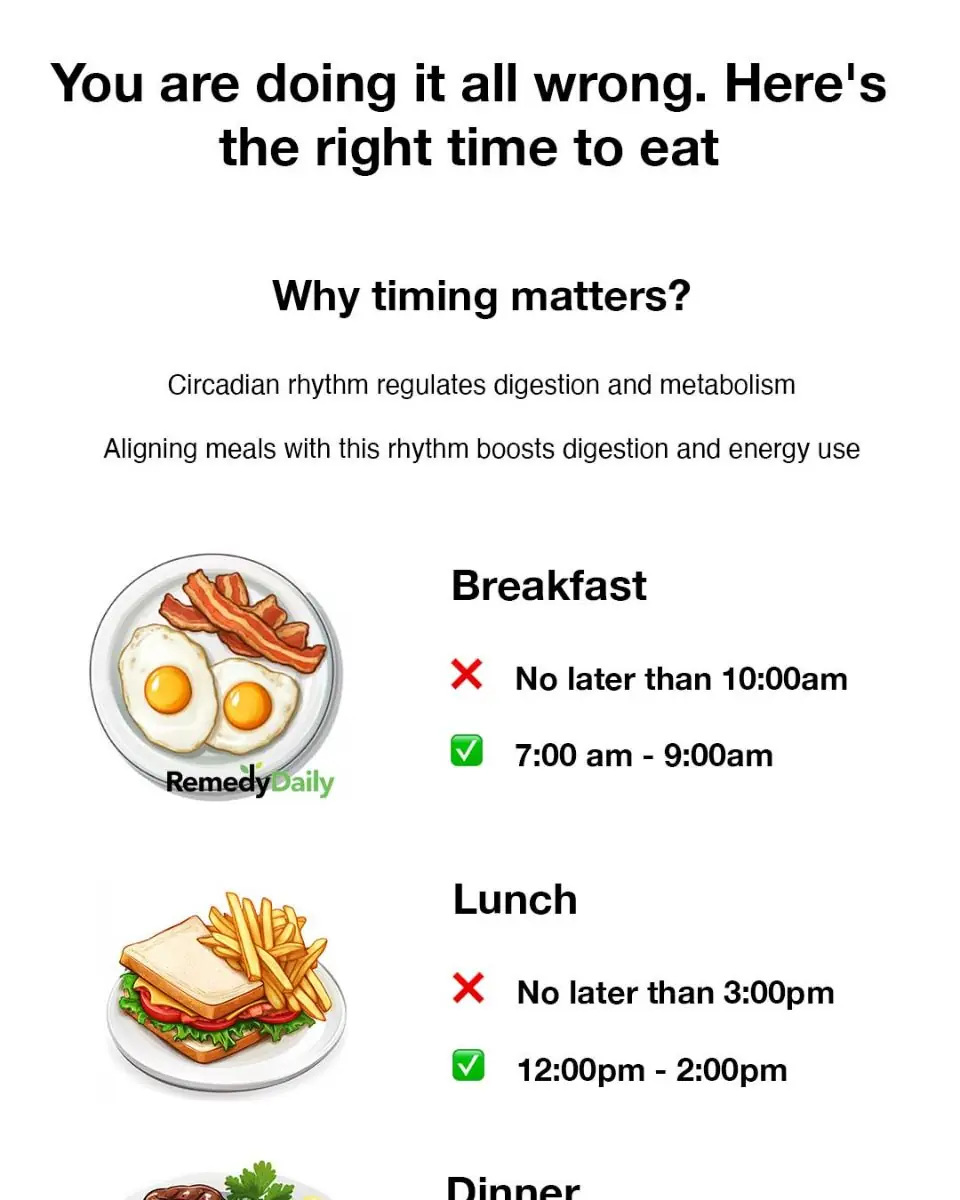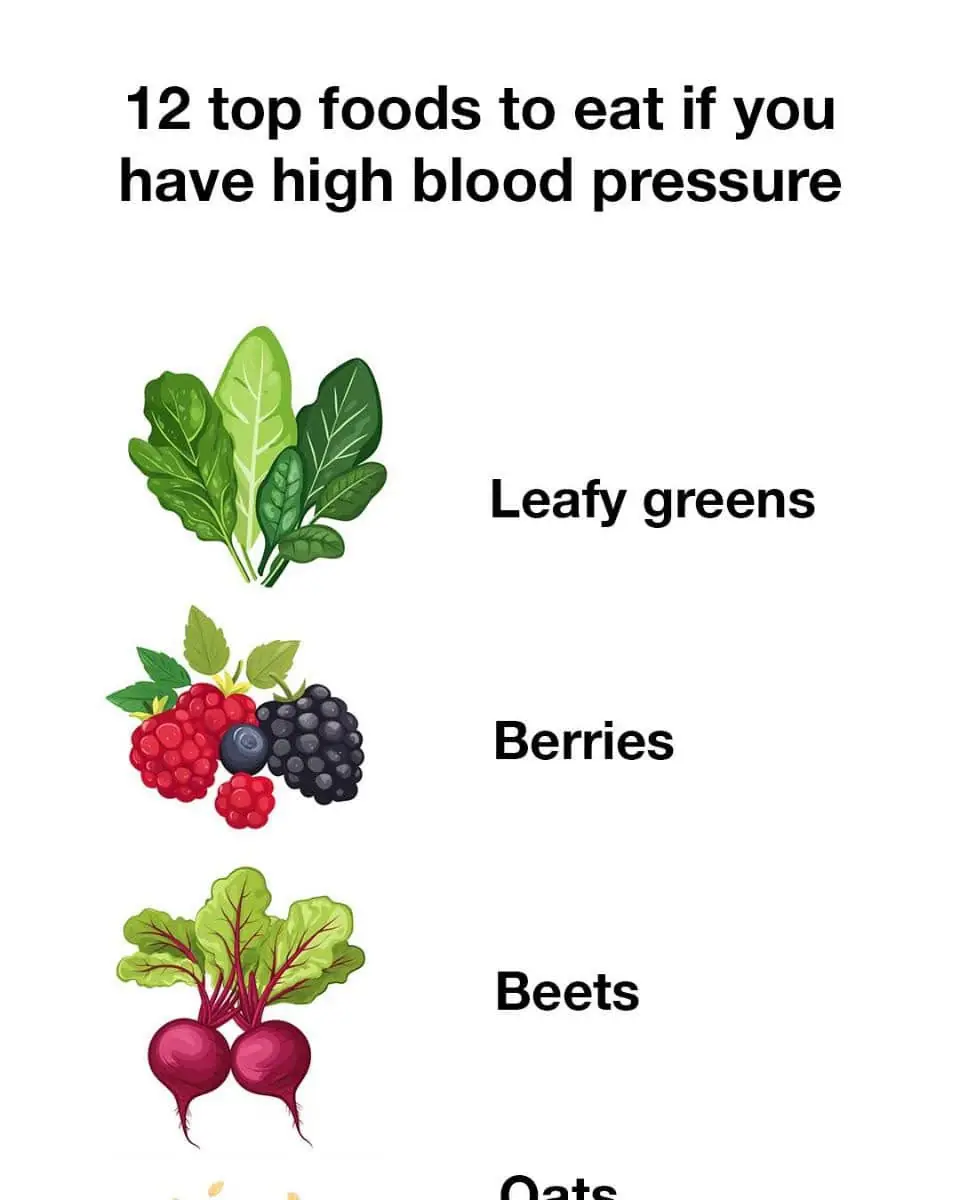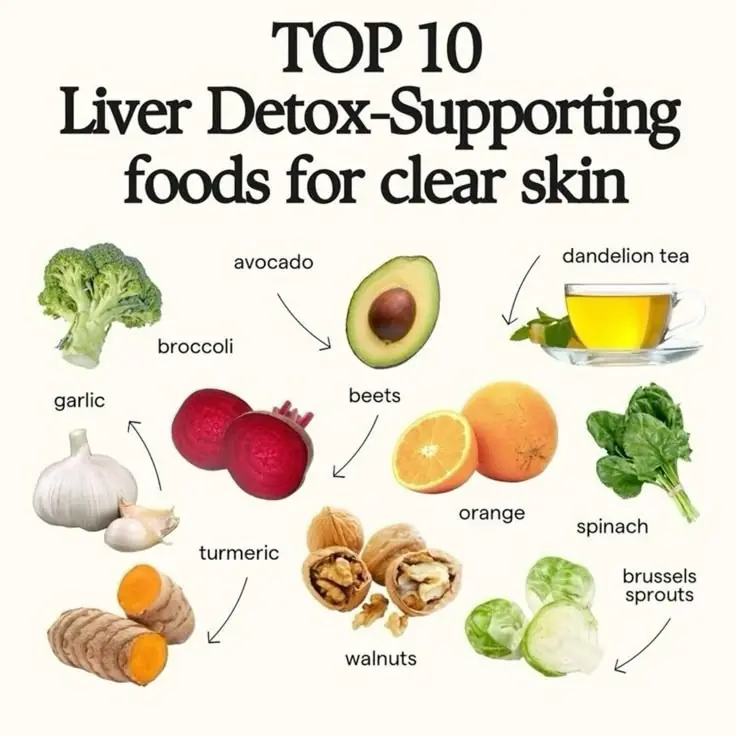
In today's fast-paced world, many of us focus on what we eat rather than when we eat. However, meal timing can play a crucial role in our overall health and well-being. Eating at the right times can enhance metabolism, improve energy levels, and even aid in weight management. Understanding the importance of meal timing can help us make better dietary choices and optimize our body's natural rhythms. This article explores the science behind meal timing and offers guidance on when to eat for optimal health.
The Science Behind Meal Timing: Why It Matters
Research has shown that our bodies have an internal clock, known as the circadian rhythm, which regulates various physiological processes, including digestion and metabolism. Eating in sync with our circadian rhythm can improve metabolic health and reduce the risk of chronic diseases. Studies suggest that eating late at night can disrupt this rhythm, leading to weight gain and metabolic issues. Conversely, consuming meals earlier in the day aligns with our body's natural processes, promoting better digestion and energy utilization.
Optimal Time for Breakfast: Start Your Day Right
Breakfast is often touted as the most important meal of the day, and for good reason. Eating breakfast within an hour of waking up can kickstart your metabolism and provide the energy needed for the day ahead. Ideally, breakfast should be consumed between 7:00 and 9:00 AM. A balanced breakfast with protein, healthy fats, and complex carbohydrates can stabilize blood sugar levels and prevent mid-morning energy crashes.
The Best Time for Lunch: Refueling Midday
Lunch should be timed to refuel your body and maintain energy levels throughout the afternoon. The optimal time for lunch is between 12:00 and 2:00 PM. This timing allows your body to process the nutrients efficiently and prevents the afternoon slump. A well-rounded lunch with lean protein, whole grains, and plenty of vegetables can sustain energy and concentration for the rest of the day.
Dinner Timing: When to Have Your Evening Meal
Dinner should be consumed at least 2-3 hours before bedtime to allow for proper digestion and prevent sleep disturbances. Eating dinner between 6:00 and 8:00 PM is generally recommended. This timing helps align with the body's natural circadian rhythm, promoting better sleep quality and metabolic health. A lighter dinner with a focus on vegetables and lean proteins can aid in digestion and prevent late-night cravings.
Snacking: When and Why It Might Be Necessary
Snacking can be beneficial if done correctly and at the right times. Strategic snacking can prevent overeating during main meals and maintain stable blood sugar levels. Ideally, snacks should be consumed between meals, around 10:00 AM and 3:00 PM. Opt for healthy snacks like fruits, nuts, or yogurt to provide a quick energy boost without excessive calories. However, it's essential to listen to your body's hunger cues and avoid snacking out of boredom or habit.
The Impact of Meal Timing on Metabolism and Energy Levels
Meal timing significantly influences metabolism and energy levels. Eating in alignment with the body's natural rhythms can enhance metabolic efficiency and prevent energy dips. Consuming larger meals earlier in the day and lighter meals in the evening supports the body's energy needs and promotes better weight management. Proper meal timing can also improve insulin sensitivity and reduce the risk of metabolic disorders.
Conclusion: Adopting the Right Meal Timing for Better Health
Adopting the right meal timing can have profound effects on your health and well-being. By aligning your eating habits with your body's natural rhythms, you can optimize metabolism, improve energy levels, and support overall health. While individual needs may vary, understanding the principles of meal timing can guide you towards healthier eating patterns. Start by making small adjustments to your meal schedule and observe how your body responds. With time, you can develop a routine that enhances your health and vitality.








































